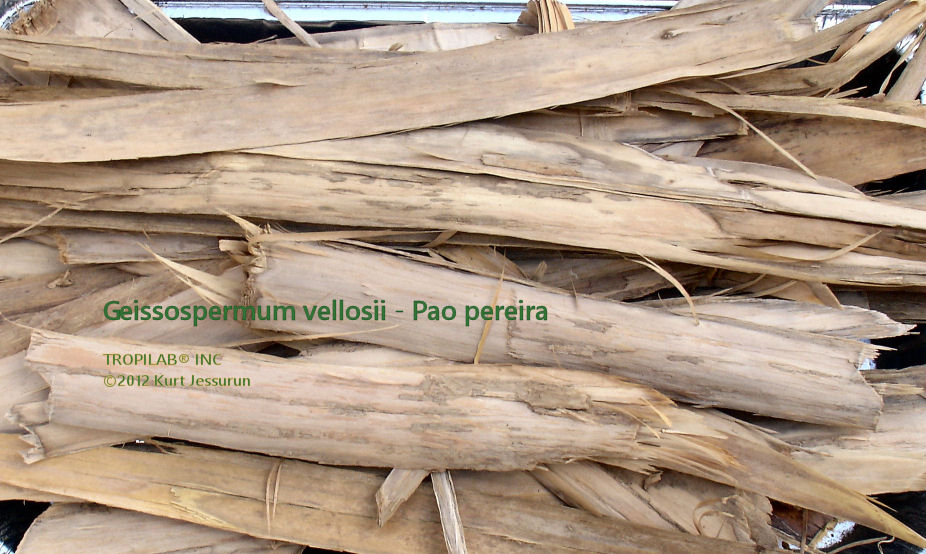TROPICAL RAINFOREST PLANTS
THE BUSH DOCTOR'S PHARMACY®

Suriname's Traditional Medicine is many centuries old and
based on the knowledge of the indigenous people from the Amazon rainforest, the
Amerindians
and Maroons and on that of
the Asian immigrants.
That is why it is rooted in Amazonian - and Asian Traditional medicine.
In Suriname's Traditional Medicine there are about a thousand (1,200) plants and
herbs used to cure everything, from hepatitis to rash.
The most important of these plants can be found at the Compiled
Medicinal Plant List.
For your reference we have compiled a database in which you will find
information about the plants and herbs we sell, as well their applications.
ABOUT OUR MEDICINAL HERBS
All our herbs, plants, rhizomes and seeds (botanicals) are wild harvested in the Amazon
Rainforest of Suriname and 100% organic.
This means that they are free of contaminants, such as synthetic fertilizers, pesticides, herbicides and preservatives,
GMO'S (genetically modified organisms) and animal products.
They are thoroughly inspected on quality before being used in the manufacturing process.
TROPILAB® uses GACP guidelines (Good Agricultural and Collection Practices) as proposed by
©EMEA and the WHO.
The database is always under construction, since it is updated and extended all the time!
If you have specific questions about it and the applications of the plants and herbs,
please do not hesitate to send us an e-mail.
To check-out the growing conditions concerning minimum temperature in your area, go to the
USDA - and the AHS website.

To search MEDLINE citations and additional life science journals, go to the
PubMed website of NLM (NATIONAL LIBRARY of MEDICINE).
Visit: ARS.GOV/DUKE for more information about Phytochemicals and
Ethnobotanicals use.
For the hardiness zone of Europe,
Canada and
Australia go to these links.
For the right freight rate, please visit our Webstore page!
NOTE: minimum order: $12.98, shipping & handling excluded, when ordering on line.
|
This list can also be viewed with the LATIN names of the plants. |
|


